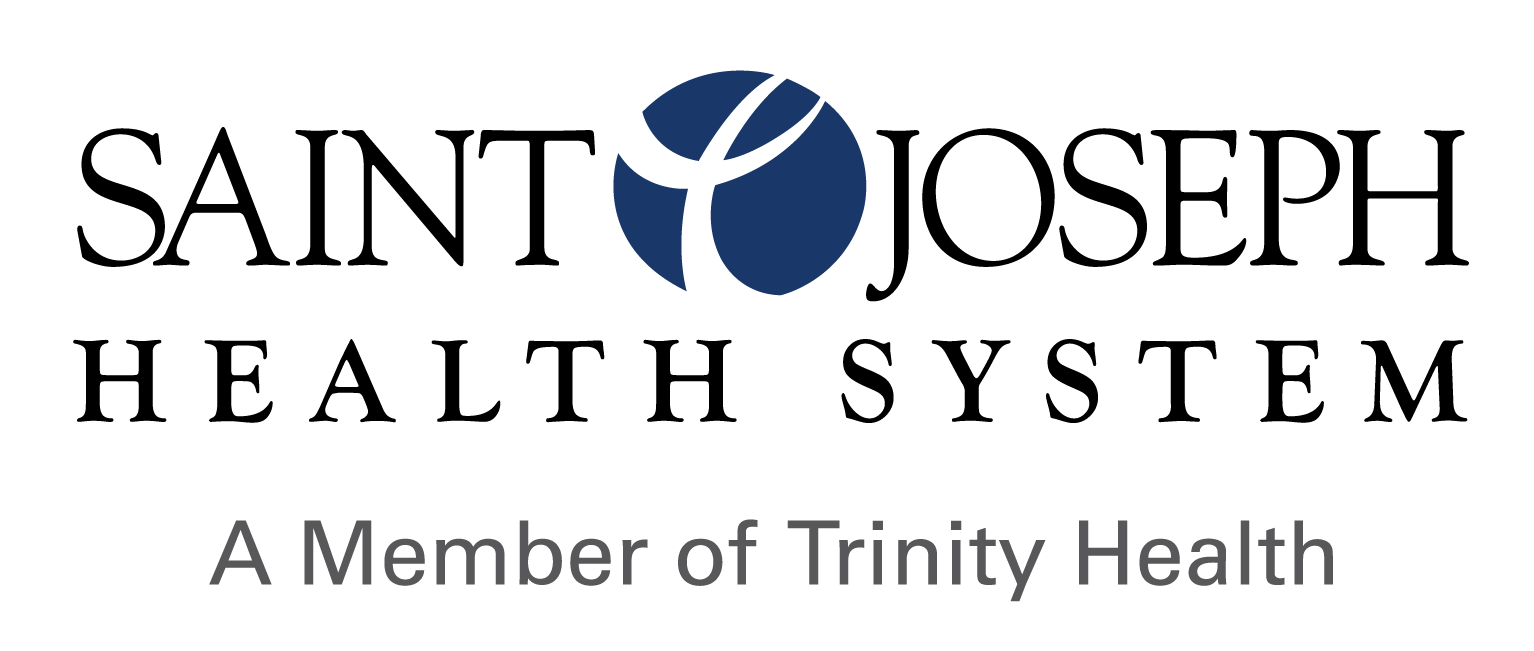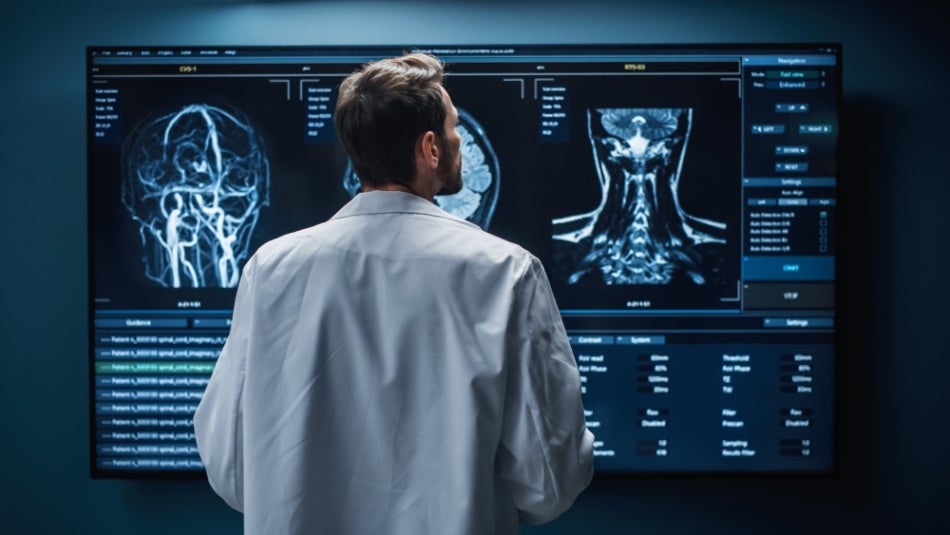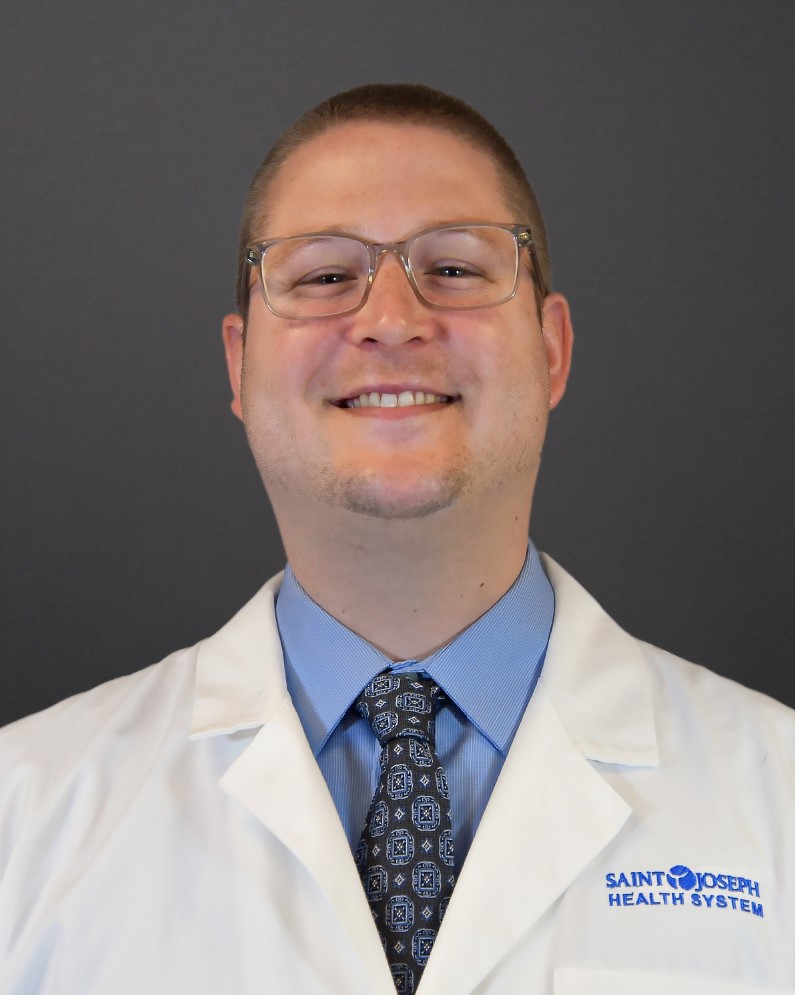Fast-Tracking Incidental Findings for Better Health Outcomes
September 19, 2024In health care, time is of the essence. A timely diagnosis can mean the difference between early intervention and advanced disease. To streamline patient care and improve outcomes, Saint Joseph Health System has introduced the FIND Program, a protocol that fast-tracks the identification of incidental findings on scans and images, allowing specialists to take action more quickly.
"The FIND Program serves a critical function in ensuring that incidental findings on diagnostic scans are properly tracked and addressed. This system helps discover findings not directly related to the primary reason for the scans, such as incidental lung nodules, and make sure they are not overlooked, safeguarding against potential missed diagnoses," says Donald Westerhausen, MD, board-certified pulmonologist at Saint Joseph Health System.
What is the FIND Program?
The FIND Program, short for Following Incidental Disease, is designed to capture incidental findings on radiology images that are unrelated to the original reason for the exam. It's less a program to sign up for and more a set of protocols for physicians.
For example, a chest X-ray ordered to investigate shortness of breath may also reveal a suspicious lung nodule. While the nodule may not explain the patient's immediate symptoms, its presence could be indicative of a more serious condition, such as cancer. The FIND Program ensures that such incidental findings are tracked and followed up on, regardless of whether they are the primary focus of the original scan.
This program leverages advanced computer protocols to identify specific buzzwords—like "nodule" or "aneurysm"—in radiology reports and immediately routes the findings to the appropriate specialists for further investigation. Rather than waiting for an ordering physician, who is often busy with a myriad of other responsibilities, to review the findings, the program cuts straight to the experts who can take immediate action.
"The FIND Program accelerates the pathway to care by eliminating unnecessary steps in the diagnostic process. Patients are referred directly to the specialists who can provide the specific care they need, thereby reducing wait times, avoiding redundant consultations, and allowing for faster treatment decisions," says Dr. Westerhausen.
The benefits to patients
The FIND Program offers numerous benefits to patients, most notably early detection of potentially life-threatening conditions. By catching incidental findings early, the program allows for quicker interventions, such as biopsies, surgeries, or the initiation of chemotherapy and radiation treatments. Early detection has long been recognized as a critical factor in extending patient lives and reducing health care costs.
For patients, this means fewer delays between diagnosis and treatment. Instead of waiting for multiple layers of review, the FIND Program eliminates unnecessary steps, fast-tracking care directly to specialists who are trained to manage the specific concern. This streamlined process not only speeds up diagnosis but also enhances patient peace of mind, knowing that their care is being handled with urgency and precision.
Time and cost savings
By reducing the number of steps required to review scans and images, the FIND Program also helps save time and money. Traditional models rely on ordering physicians to review every aspect of a patient’s scan, even when they may not have the specialized expertise to interpret complex findings. This often results in back-and-forth consultations, potentially delaying treatment. The FIND Program cuts through this by sending the findings directly to the specialists best equipped to handle them.
This reduction in workflow translates to fewer appointments, less time spent in waiting rooms, and a decrease in unnecessary medical costs for both patients and healthcare providers. With the FIND Program, patients can avoid redundant appointments and get to the heart of their health issues faster, saving time and money along the way.
Patient-first care at Saint Joseph Health System
At its core, the FIND Program is a reflection of Saint Joseph Health System’s commitment to patient-first care. By placing a priority on early detection and streamlined processes, the program exemplifies the hospital’s dedication to providing efficient, timely, and expert care for every patient.
Whether it's a lung nodule or a potential aneurysm, no incidental finding is left to chance. The FIND Program is designed to ensure that every significant discovery is followed up on, allowing patients to receive the care they need when they need it most. This focus on proactive, streamlined care aligns perfectly with Saint Joseph Health System’s mission to put patient well-being at the forefront of everything they do.
"The strength of these protocols lies in the ability to serve as a safety net within the diagnostic process. The system carefully reviews radiology reports, ensuring that incidental findings such as nodules or aneurysms are flagged for follow-up, thereby preventing critical findings from being overlooked due to busy workflows," says Dr. Westerhausen.
The FIND Program stands as an innovative and vital initiative in modern health care. By identifying incidental findings early and ensuring timely follow-up, it delivers better outcomes, enhances the patient experience, and saves valuable time and resources. This program is yet another example of how Saint Joseph Health System is leading the way in providing high-quality, patient-centered care.


